


We all go through grief in different parts of our lives. Grief is the emotional reaction you experience when you’re faced with sudden death or loss. You could be grieving for the death of a dear one. Or you could have lost your job, have a broken relationship, or have recently moved to a different city.
There isn’t any defined manner in which one should grieve, so people do it differently. Some remain in shock for a while, others keep it inside them, while yet others bawl all they can. Despite this, there are a few common ways of displaying one’s grief.
Grief and loss are generally due to any one of the following:
There are two known types of grief disorders: Prolonged Grief Disorder and Complicated Grief Disorder.
Prolonged Grief Disorder:
This type of grief disorder affects certain people frequently. According to research, prolonged grief disorder is genetic. Six months after a traumatic event occurs, this disorder is usually diagnosed.
Complicated Grief Disorder:
When the feelings of grief don’t fade with time, complicated grief disorder is said to have set in. People with this disorder suffer the same kind of emotional pain even months after its occurrence.
Treatment for grief and loss may be psychotherapy, medication, and coping strategies.
Psychiatrists treat complicated grief using a kind of psychotherapy known as complicated grief therapy.
Ample proof supports the effective use of medication to treat grief and loss. If patients also suffer from clinical depression, they may be prescribed antidepressants too.
The following strategies, if done with sincerity, can help the grieving to find peace and solace:
If you live in Washington’s Bellevue and Richland areas, you’ve probably have heard of the premier mental health center, RHS. This center is noted for patients receiving premium class psychiatric services to treat their mental issues. Experts here believe that by using the right therapy method and tools, they can successfully get to the root of the patient’s problem so that he recovers permanently. For sure, RHS is a No. 1 mental health center, not just for its services but for its proven talent and dedication.
“If you’re currently experiencing a mental health crisis, suicidal feelings, and/or homicidal feelings, please contact 911 or your nearest Crisis Response Unit (Tri-Cities: 509-792-1747 & Bellevue: 206-461-3222).”

ADDRESS:
1446 SPAULDING AVE, STE 303
RICHLAND, WA 99352
PHONE:
(509) 420-5060
AFTER HOURS:
(509) 845-4515
FAX:
(509) 420-5059
HOURS:
Monday - Saturday: 9am - 6pm
Sunday: Closed

Copyright © RHS Health 2023
Designed & Developed by mokshamedia